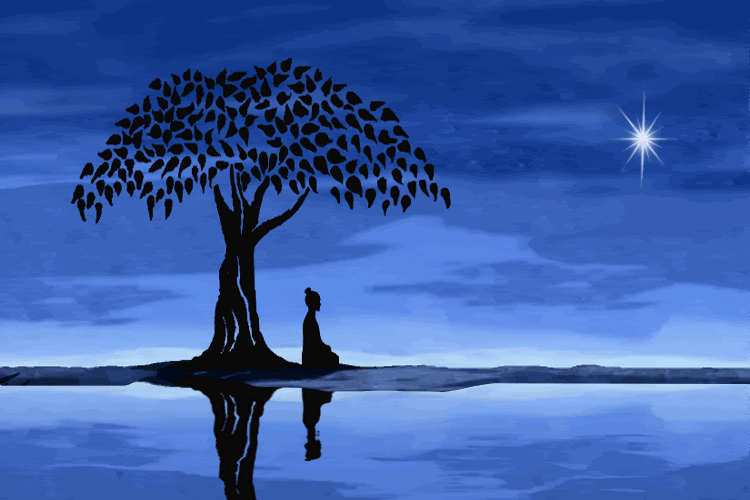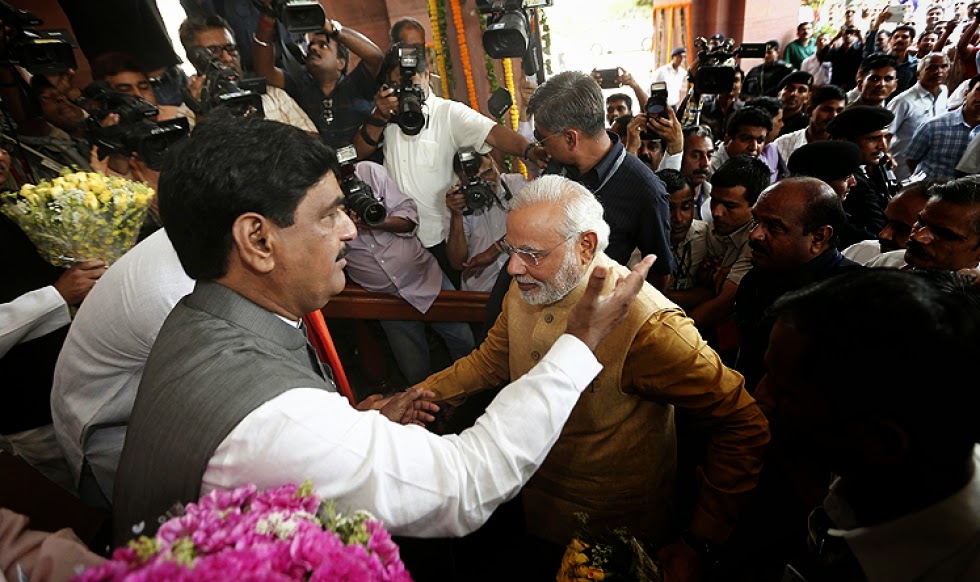Nigeria Extremists Attack More Villages; 48 Dead
By AHMED SAKA and MICHELLE FAUL, Associated Press
JOS, Nigeria May 21, 2014 (AP)
Boko Haram militants attacked three villages in Nigeria, killing 48 people, residents said Wednesday, as rescue workers in the central city of Jos searched for the missing a day after two car bombs killed more than 100.
One of the villages that were attacked between Tuesday night and early Wednesday lies near the town of Chibok, where more than 300 schoolgirls were kidnapped last month.
The reports came from residents and were confirmed by a state intelligence agent who spoke on condition of anonymity because he is not authorized to give information to reporters.
Apagu Maidaga of Alagarno village said residents hid in the bush and watched while the extremists set ablaze their homes of thatch-roofed mud huts.
“We saw our village up in flames as we hid in the bush waiting for the dawn; we lost everything,” he told The Associated Press in a telephone call.
Caption: In this photo taken Sunday, May 18, 2014, Joy Bishara, one of the school girls that escaped being kidnapped by Islamist extremists by jumping off a truck, is photographed outside her home, in Chibok, Nigeria. More than 200 schoolgirls were kidnapped from a school in Chibok in Nigeria’s north-eastern state of Borno on April 14. Boko Haram claimed responsibility for the act. Photo: Sunday Alamba, AP
In Jos, where 118 people were killed in twin car bomb attacks Tuesday on a bustling bus terminal and a market, rescue workers armed with body bags on Wednesday dug into the rubble of destroyed buildings.
Most victims were women and children vendors, said Mohammed Abdulsalam of the National Emergency Management Agency.
“We expect to find more bodies in the rubble,” Abdulsalam said.
Jos is tense with fears the attack blamed on Islamic extremists could inflame religious rivalry. The city in central Nigeria sits on a volatile fault line dividing Nigeria’s mainly Muslim north from the predominantly Christian south and has been a flashpoint in the past for deadly conflict between adherents of the two religions. Boko Haram, the group suspected in the attack, wants to impose an Islamic state under strict Shariah law in Nigeria, though half the country’s 170 million people are Christians.
Officials in at least three other central and central-north states have suggested the extremists are feeding into local tribal and religious tensions to spread the insurgency from its stronghold in the northeast into an area where thousands have been killed in recent years in disputes over land, water, religion and tribe.
President Goodluck Jonathan indicated that he blames Boko Haram for Tuesday’s attack, assuring Nigerians their government “remains fully committed to winning the war against terror.” Jonathan has been saying that for years, despite the lack of results.
Nigerian army spokesman Brig. Gen. Olajide Laleye also insisted victory was close Wednesday, dismissing reports of troops suffering from low morale and lack of basic equipment including bullet-proof vests.
But extremist attacks have increased in frequency and deadliness this year, with more than 2,000 killed in the insurgency compared to an estimated 3,600 between 2010 and 2013.
Boko Haram’s 5-year-old uprising has grabbed international attention with the abduction of nearly 300 schoolgirls who the extremists are threatening to sell into slavery.
———
Faul reported from Lagos, Nigeria. Associated Press photographer Sunday Alamba contributed to this report from Jos and Associated Press writers Haruna Umar from Maiduguri, Nigeria and Bashir Adigun from Abuja, Nigeria.




















